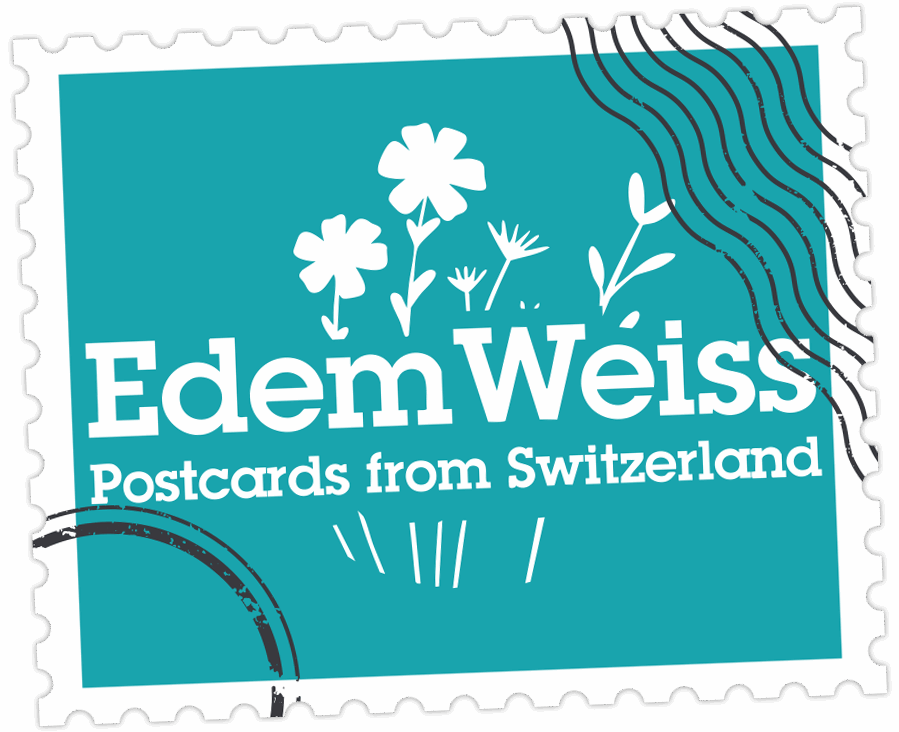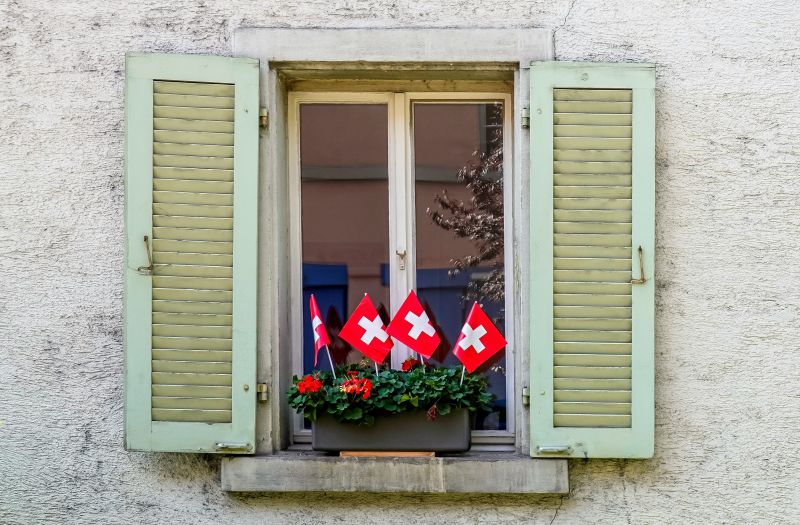Discover Switzerland: 15 Cities of History, Culture, and Quality Living
Are you planning to immerse yourself in the fascinating world of Switzerland, experience the pulse of its cultural heritage, and discover why the country boasts the highest per capita income and one of the highest standards of living in Europe (in my Country there is a saying “it is better to be wealthy, happy but healthy))? Or, perhaps you’re interested in local attractions or culinary traditions that invite new discoveries. You will find everything here, so welcome and have a nice stay)).
No matter what you’re seeking, a deeper understanding of local identity or a visit to the most interesting Swiss cities, it’s essential to know exactly what information you need and where your journey will take you. In this article and in this blog about lazy and slow tourism, I present 15 Swiss cities that are particularly noteworthy for their history, cultural traditions, and distinctive appearance. Although Switzerland has many cities with a rich history and long-standing traditions, we focus on these 15 to help you make an informed choice when planning your trip.
So, here comes the list
- Zurich: A hub for business and culture with a high quality of life.
- Geneva: A centre of diplomacy, hosting numerous international organizations.
- Lucerne: A picturesque city by the lake, renowned for its well-preserved medieval architecture.
- Bern: The federal city, featuring a medieval old town that is a UNESCO World Heritage Site.
- Fribourg: A bilingual city with rich historical traditions. For instance, they used to burn witches here, but we love this city, of course, not for that.
- Lausanne: Known as the Olympic capital.
- Interlaken: A gateway for adventure in the Bernese Alps.
- Lugano: Offering Mediterranean charm in the Italian-speaking Ticino region.
- Basel: A centre for art and culture on the Rhine.
- Montreux: Exuding a Riviera atmosphere on Lake Geneva.
- St. Gallen: A historic city famed for its abbey district.
- Zermatt: Providing an alpine panorama at the foot of the Matterhorn.
- Thun: A historic town by Lake Thun.
- Schaffhausen: Known for its fortress and the Rhine Falls.
- Neuchâtel: An ancient town on Lake Neuchâtel.
Zurich
Zurich is Switzerland’s centre for business and culture. The city features clean air, the scenic Lake Zurich, and museums such as the Kunsthaus and the Swiss National Museum. In addition to its economic significance, there are numerous parks, squares, cafés, and recreational areas in Zurich. Take a ride on one of the local trams – to see and feel the unique character of the Country’s largest city.
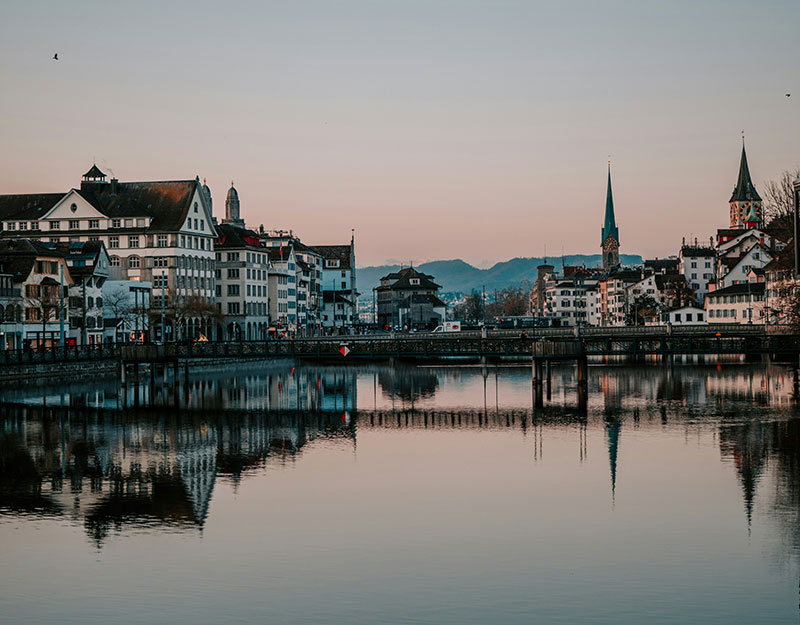
Geneva – City of Diplomacy
Geneva is known as a World diplomatic centre, hosting the headquarters of organizations such as the UN, WHO, the International Committee of the Red Cross, and the World Trade Organization. Exhibitions, forums, and events take place here every month, including the Festival de la Bâtie (August 28 – September 14, 2025) and the Rolex Switzerland Sail Grand Prix (September 20–21, 2025).
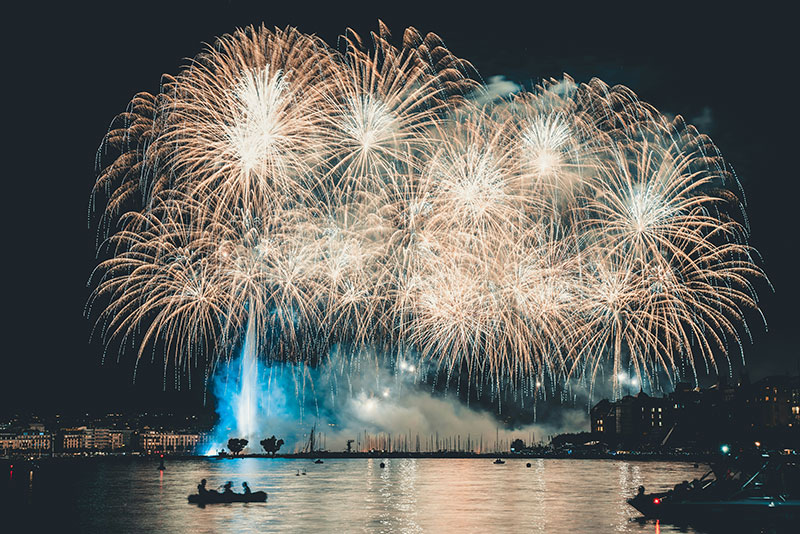
Lucerne – Picturesque Landscapes
Located on Lake Lucerne and surrounded by the Alps, the city impresses by its well-preserved medieval architecture. Key Lucerne attractions include the Chapel Bridge, the Lion Monument, and cable cars leading to the peaks of Pilatus and Rigi. Lucerne combines cultural experiences with opportunities for outdoor recreation; kids will definitely like the Swiss Transport Museum, and so will you.
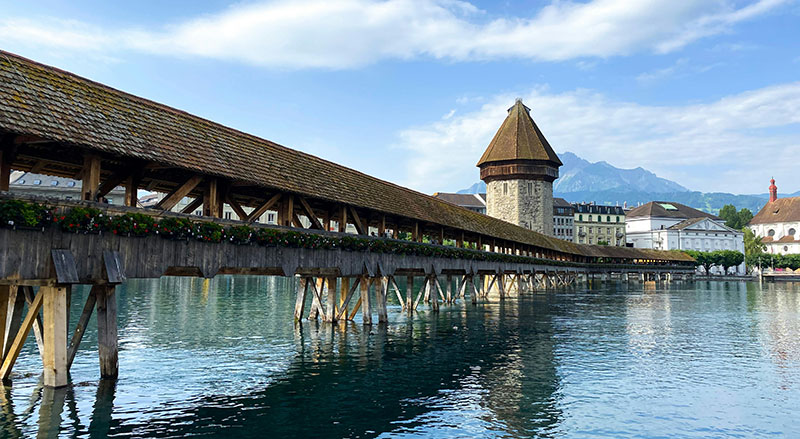
Bern – The Federal City
Bern houses the federal government, parliament (Federal Assembly), and the Federal Council’s seat. As the official “federal city,” Bern is noted for its medieval old town — designated a UNESCO World Heritage Site — and attractions such as the Bern Minster, the Zytglogge, and its emblematic bears. Despite its political importance, Bern enjoys a more relaxed pace of life.
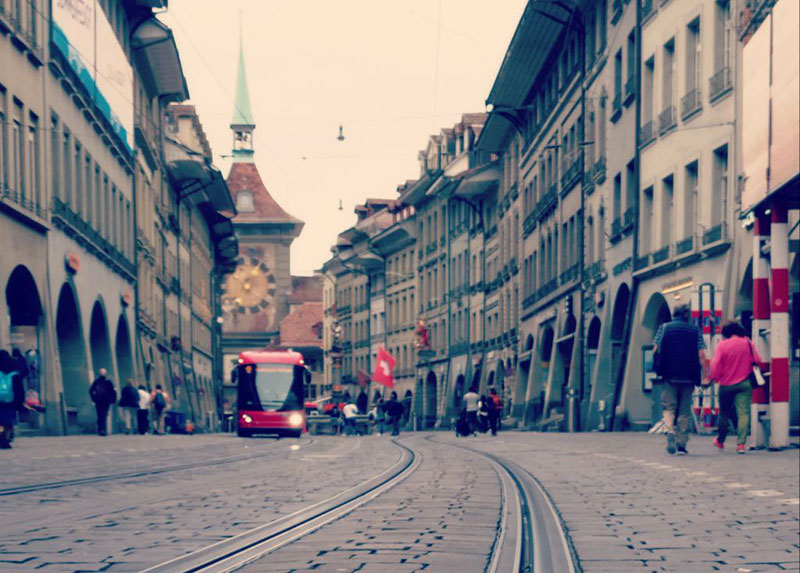
Fribourg – Historical Heritage and Bilingual Culture
Situated on the border between German- and French-speaking regions, Fribourg is a city where both languages are actively maintained. Its nearly intact historic old town with cobbled streets and the impressive St. Nikolaus Cathedral are among the main attractions. The Switzerland’s oldest public swimming pool is also in Fribourg. As an important university town, the blend of historical buildings and a dynamic student atmosphere shapes the city’s image, creating a distinctive charm that is immediately apparent.
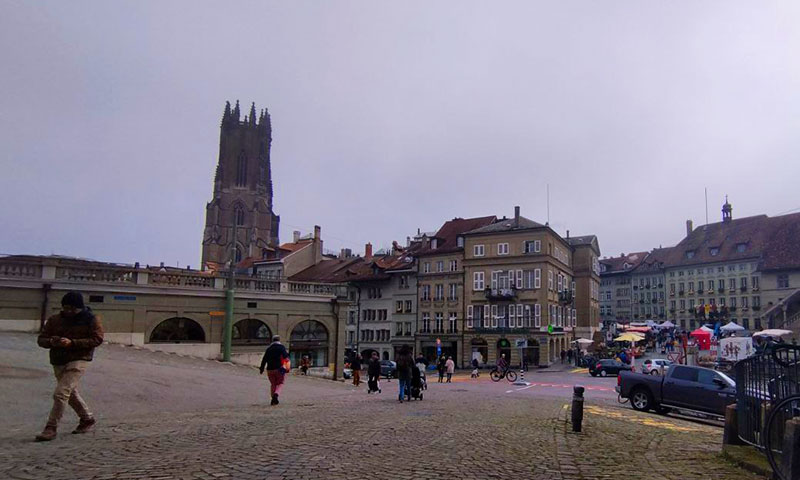
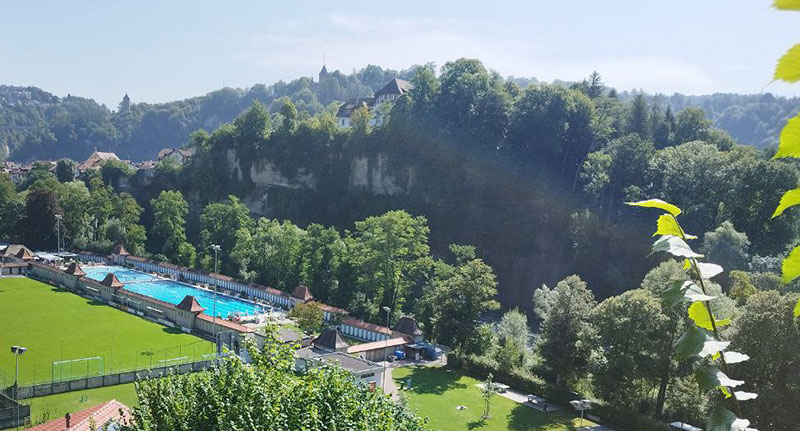
Read now: A Two-Day Trip to Fribourg: 10 Things that Make This Swiss City Special
Lausanne – Sport and Scenic Surroundings
Lausanne, located on Lake Geneva and surrounded by the Lavaux vineyards with views of the Alps, is known as the seat of the International Olympic Committee and home to the Olympic Museum. Since June 2022, the Plateforme 10 art district—comprising three museums (the Cantonal Museum of Fine Arts, Photo Elysée, and the Museum of Modern Design and Applied Arts)—has been a highlight. Lausanne is also recognized for its driverless metro system. You should definitely give it a try!
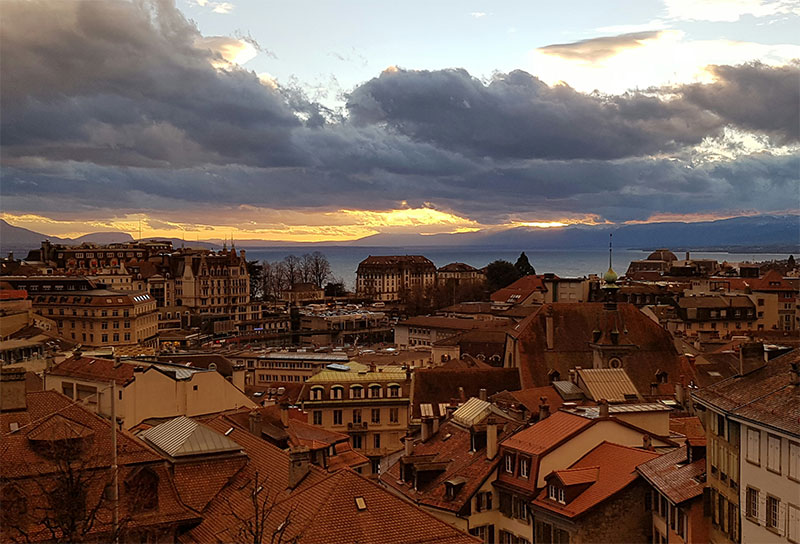
Interlaken – Adventure Hub
Situated between Lake Thun and Lake Brienz, Interlaken serves as a gateway for excursions into the Bernese Alps. The Jungfraubahn takes you to Jungfraujoch, Europe’s highest railway station (3454 m). The town offers excellent opportunities for hiking, winter sports, and other mountain activities.
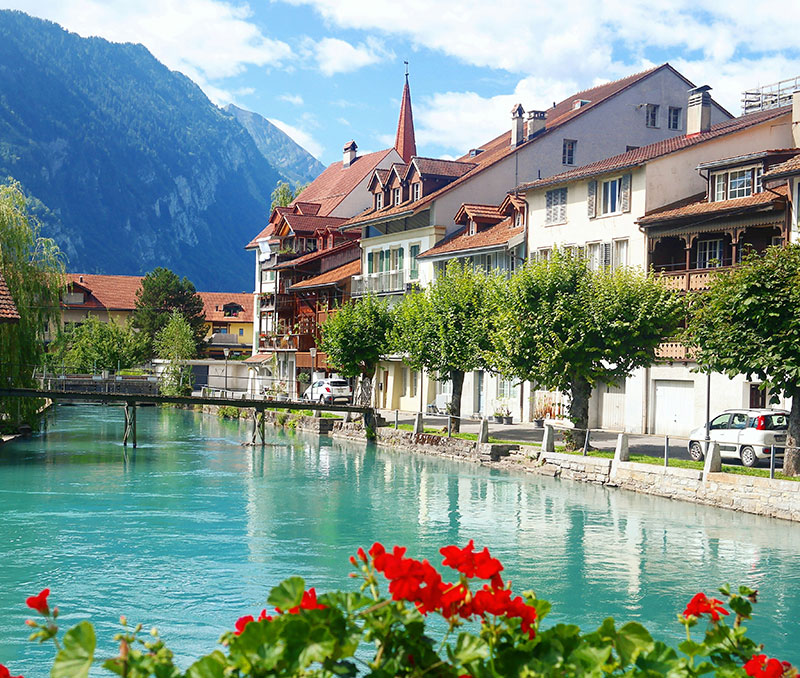
Lugano – Mediterranean Flair
Lugano, located in the Italian-speaking canton of Ticino on Lake Lugano, is known for its scenic beauty and cultural diversity, with museums, galleries, and theatres. It is also a key financial and tourist centre in the region.
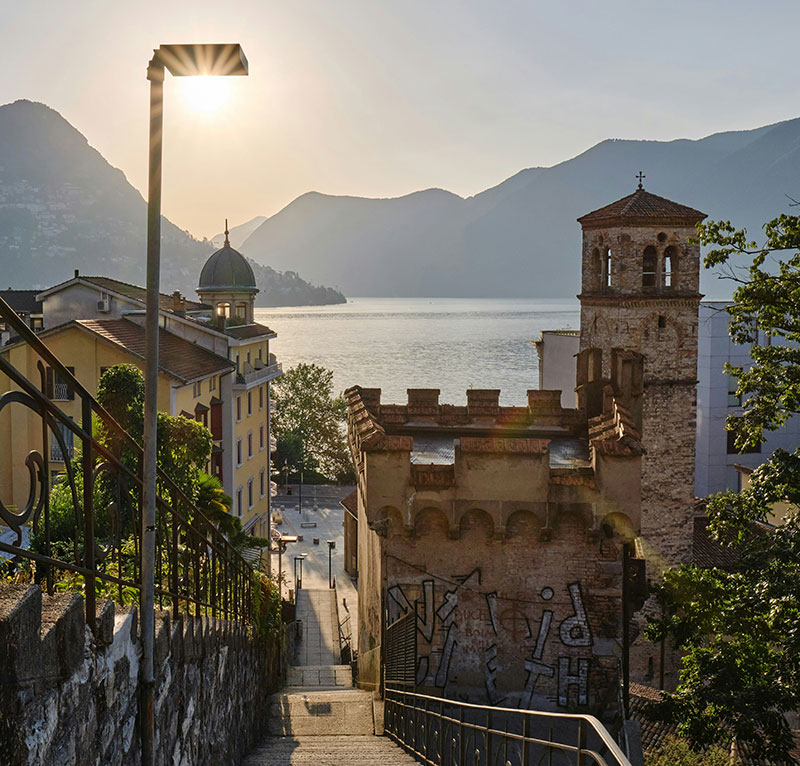
Basel – Centre of Art and Culture
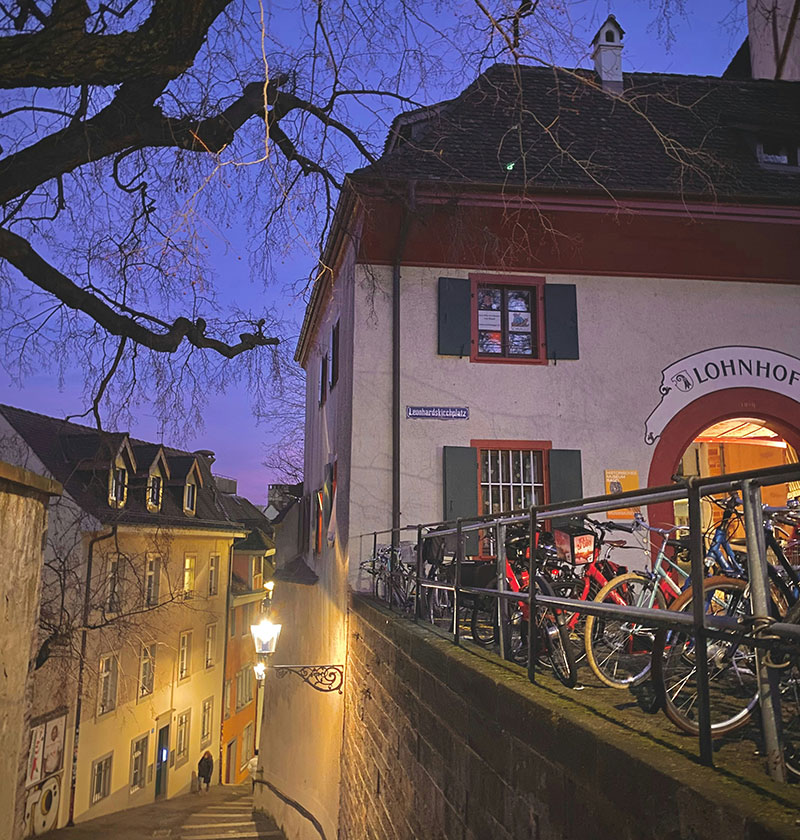
Basel, Switzerland’s third-largest city, is located on the Rhine near the borders with Germany and France. It is an important scientific and cultural centre, home to museums such as the Kunstmuseum and the Swiss Architecture Museum, as well as one of Europe’s oldest universities.
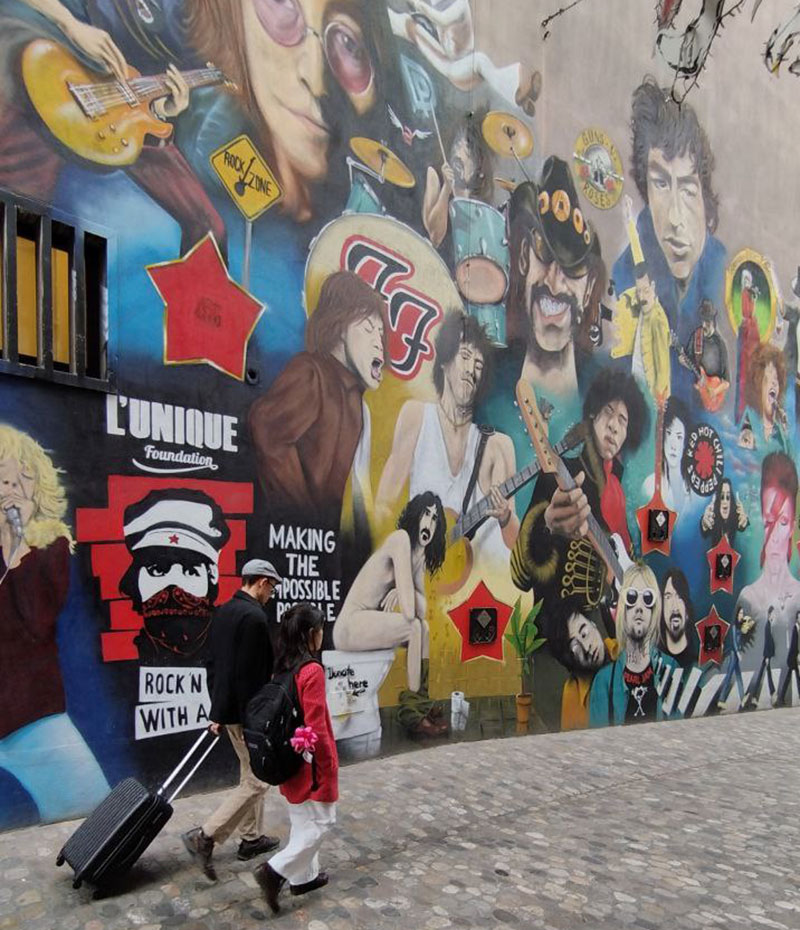
Montreux – Riviera Atmosphere
Montreux, on Lake Geneva, is known for its lakeside promenade where art installations are regularly displayed. Key sights include the Freddie Mercury Museum and the Montreux Palace Hotel. The city is characterized by a mild climate, alpine views, and cultural events such as the Jazz Festival. Additionally, the Christmas market creates a festive pre-Christmas atmosphere, with Santa Claus making an annual appearance between December 15th and 24th.
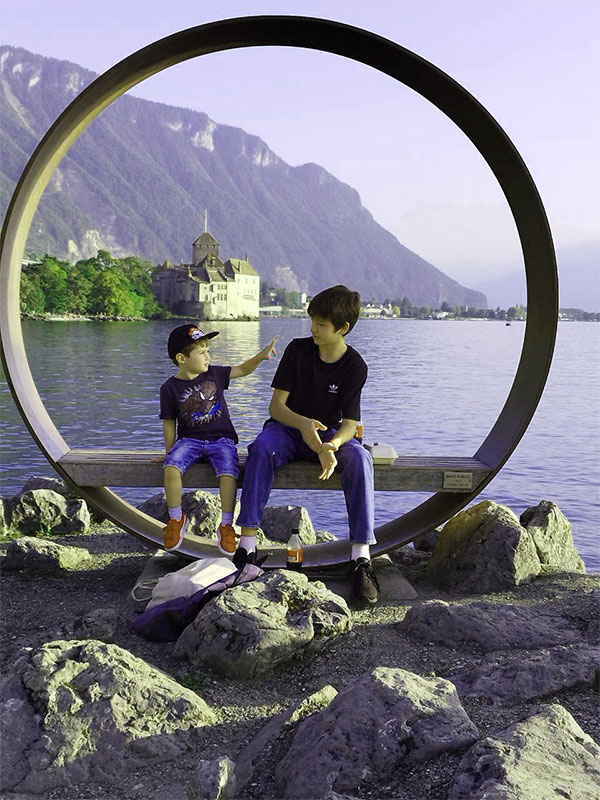
St. Gallen – Historic City
St. Gallen is renowned for its long-standing textile traditions and its annual Christmas market with atmospheric lighting. A must-see is the St. Gallen Abbey, founded in the 7th century and regarded as one of the first Christian monasteries in Europe. The abbey, famous for its impressive library, underscores the city’s historical and cultural richness.
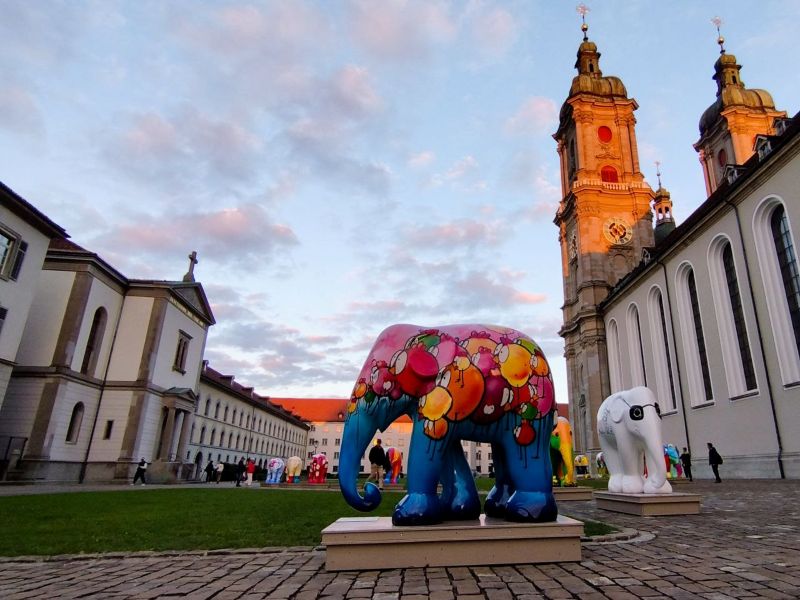
Zermatt – Alpine Panorama
Zermatt is a renowned winter sports destination at the foot of the Matterhorn. The town offers excellent ski slopes and allows almost year-round winter sports. Zermatt is car-free—with transportation provided exclusively by electric vehicles and horse-drawn carriages. In summer, hiking trails with varied routes invite exploration.
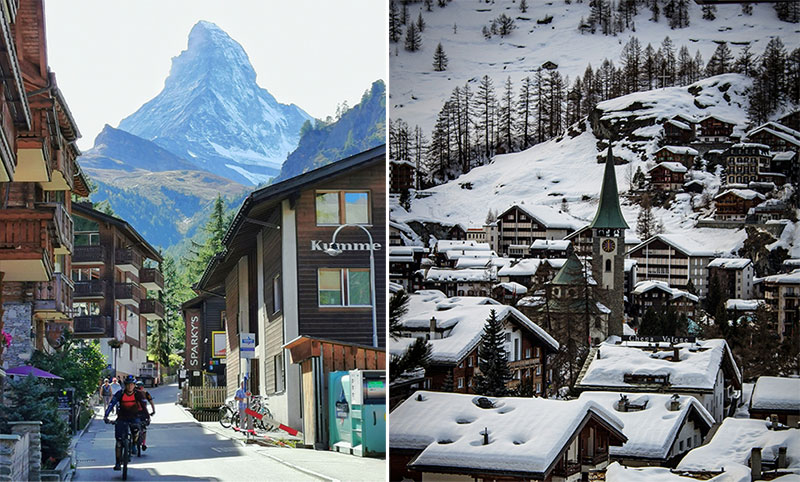
Thun – Historic Town by the Lake
Thun, located on Lake Thun in the canton of Bern, impresses with its historic town centre featuring a 12th-century castle, a scenic lakeside promenade, and views of the Alps. The town offers diverse opportunities for water sports and leisurely strolls through quiet streets, and it is situated near the popular Interlaken holiday region.
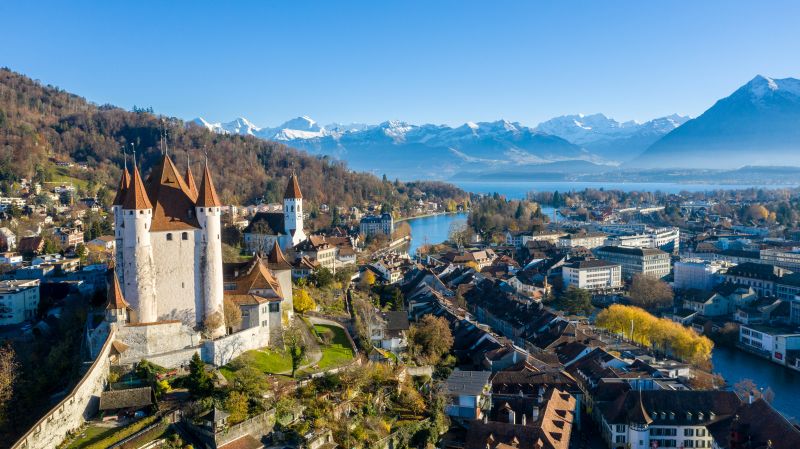
Schaffhausen – Fortress and Waterfall
Schaffhausen, in northern Switzerland near the German border, is known for its medieval old town, the Munot fortress, and the Rhine Falls—the largest waterfall in Europe. The town provides rich historical insights and pleasant walks along the Rhine.
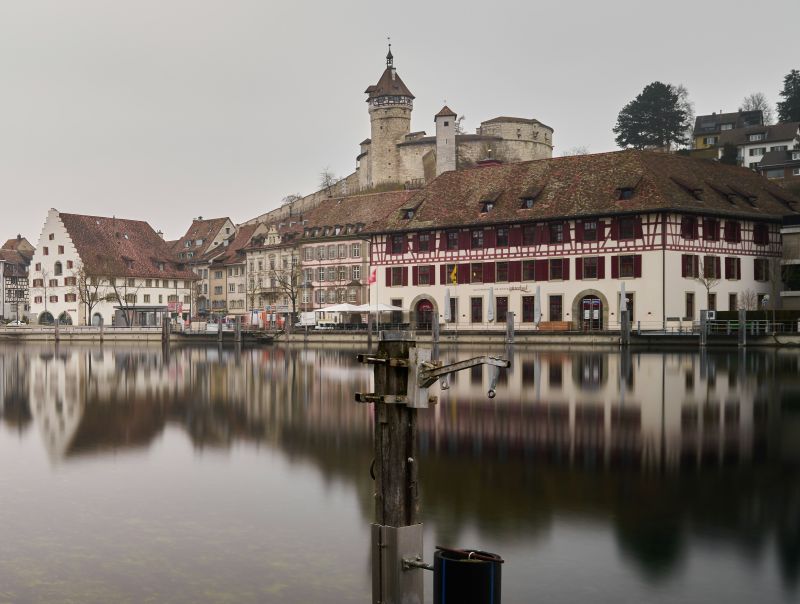
Neuchâtel – The Ancient Town
Neuchâtel, located on Lake Neuchâtel, stands out with its narrow, winding streets, the 12th-century Neuchâtel Castle, and the cathedral. The city is also a centre of watchmaking, the art of which is featured in several related museums. The surrounding vineyards and mountain landscapes lend the region a special atmosphere, especially in autumn.
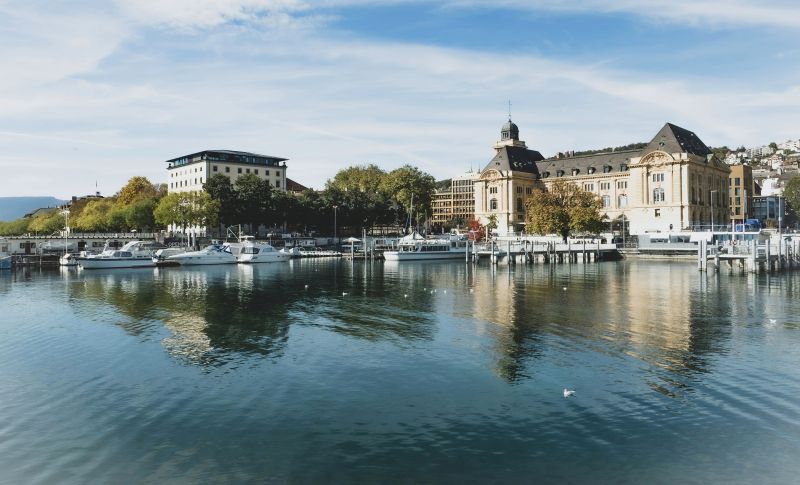
Let’s discuss Switzerland
Switzerland is a land of diverse experiences where each city offers its own unique blend of history, culture, and modern living. Whether you are drawn by the sophisticated ambiance of Zurich, the diplomatic vibe of Geneva, or the breathtaking alpine scenery of Zermatt, there is much to see, to learn and to speak about.
Which Swiss city intrigues you the most? Have you ever been to any of them? Share your thoughts and travel experiences, and let’s discuss what makes these cities truly special.
